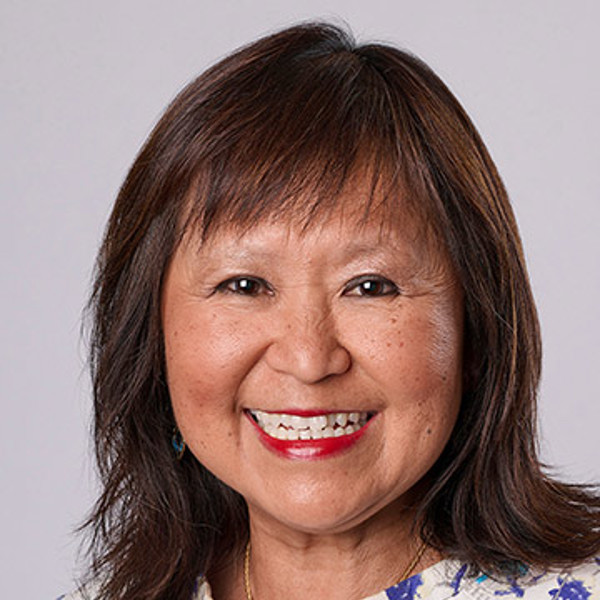With over 120 owner members signed up to the BIMCO Dry Bulk Cargo Network so far, the 4th and last meeting for 2024 held on 28 November ended on a good note with lots of discussions coming from our members leading to an exchange of experiences, information, clarification and recommendations shared covering the following topics:
- How to categorise Group C cargoes that can liquefy
- Materials hazardous only in bulk (MHB)
- Understanding seed cake requirements.
Below are some of the takeaways from the 4th meeting:
How to categorise Group C cargoes that can liquefy
- New definition of Group C cargoes effective 1 December 2023
- Particle size distribution (PSD) formula being used to distinguish Group A cargoes from Group C e.g. iron ore, bauxite and manganese ore
- Difficulties with getting PSD certification and shippers declaring Group C cargoes with moisture and transportable moisture limit (TML), and solutions recommended
- Issues with the loading of Chromite Ore and short and long terms solutions recommended.
MHB hazards and how to test for them
- The implications of a cargo being defined as MHB
-
- Understanding that Group B cargoes can be both dangerous and MHB.
Understanding seed cake requirements
- Number of seed cakes categories available now in the IMSBC Code*
- Dangerous seed cakes and their exclusions
- The new MHB category and revised Group C entry
- Both new and revised entries cover not only seed cakes but also residues from oily processed vegetables
- Both new and revised entries extend methods of processing to include other chemical processes
- How to check which seed cake category your cargo should comply with.
We would like to thank, once again, Martin Kondrup from Lauritzen Bulkers for his excellent chairing. Without his presence and extensive experience, we would not have been able to facilitate the meeting any better. We are truly grateful and appreciative of him for accepting to take on the chair for all the four meetings conducted this year. We hope he will continue to chair for next year’s meetings.
The 5th and first meeting for 2025
The 5th meeting of this network and the first one for year 2025 will be held on Thursday 13 February 2025 at 08:00-09:30 UTC and will focus on the following topics, based on a result of a poll conducted at this meeting.
- Cargoes not listed in the IMSBC Code
- Port reception facilities and challenging issues encountered.
The BIMCO Dry Bulk Cargo Network’s mission
The BIMCO Dry Bulk Cargo Network is a network created with the sole intention of allowing working professionals involved in the shipment of dry bulk cargoes the opportunity to learn from each other. Meetings are thus neither recorded nor minuted, and operate under the Chatham House Rule**.
To enable the network to work progressively, it will be driven by the needs of its members. We encourage members to attend the online meetings regularly, because the more they can get to know each other, the more comfortable they will be sharing knowledge and having friendly discussions in the network. In turn, this will assist their business operations with sea transport of solid bulk cargoes. In addition, members facing any challenges are welcome to send us the same so that they can be raised at the network meetings for a full discussion.
To Join the Network
For more information about this network and how you can join online, please contact Madie Sanchez-Nielsen.
*IMSBC Code – The International Maritime Solid Bulk Cargoes Code
**When a meeting, or part thereof, is held under the Chatham House Rule, participants are free to use the information received, but neither the identity nor the affiliation of the speaker(s), nor that of any other participant, may be revealed.

